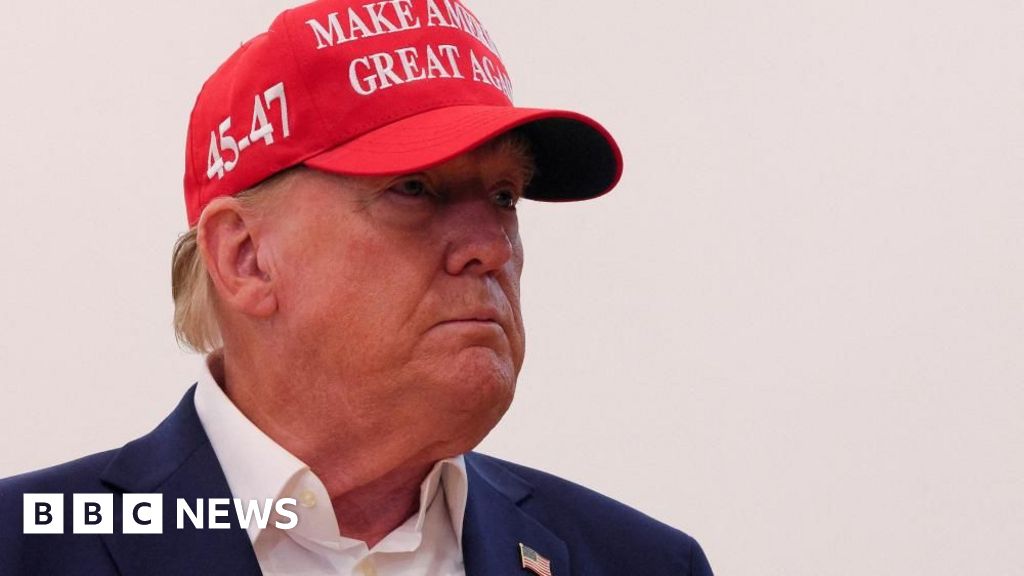**Trump’s Return to the White House: What it Means for US Foreign Policy**
Donald Trump’s return as president of the United States is likely to bring significant changes to US foreign policy. His election campaign promises, which included non-interventionism and “America First”, have created uncertainty around the world.
**Ukraine Conflict**
Trump has suggested that he can end the conflict between Russia and Ukraine in a single day. However, his approach may be seen as a surrender by Ukraine, according to critics. Trump’s former national security advisers have recommended that the US continue to supply weapons to Ukraine but condition it on Kyiv starting peace talks with Russia.
**NATO**
Trump has been critical of NATO for years, accusing Europe of freeriding on America’s promise of protection. His approach to ending the conflict extends also to the strategic question of the future of Nato. It is unclear whether he will actually withdraw the US military from Nato, which would be a significant shift in transatlantic defense relations.
**Middle East**
Trump has promised to bring peace to Israel and Palestine, but his approach has been criticized for being destabilizing. He has implied that he will end the Israel/Hamas conflict in Gaza and the Israel/Hezbollah conflict in Lebanon. However, it is unclear how he will navigate between his desire to show strong support to the Israeli leadership and also try to bring the war close.
**China**
Trump’s approach to China is likely to be a key part of his foreign policy agenda. He has labelled China as a “strategic rival” and imposed tariffs on some Chinese imports into the US. The Biden administration claimed that it was more responsible in its approach to China, but kept many of the tariffs imposed by the Trump administration.
**What’s Next?**
Trump will need to decide whether or not to continue the diplomatic process started by the Biden administration to achieve a Gaza ceasefire as a reward for the release of Hamas’ hostages. His approach to China is likely to be a key part of his foreign policy agenda, and he may abandon the Biden administration’s approach of strengthening US security partnerships with regional countries to contain China.




